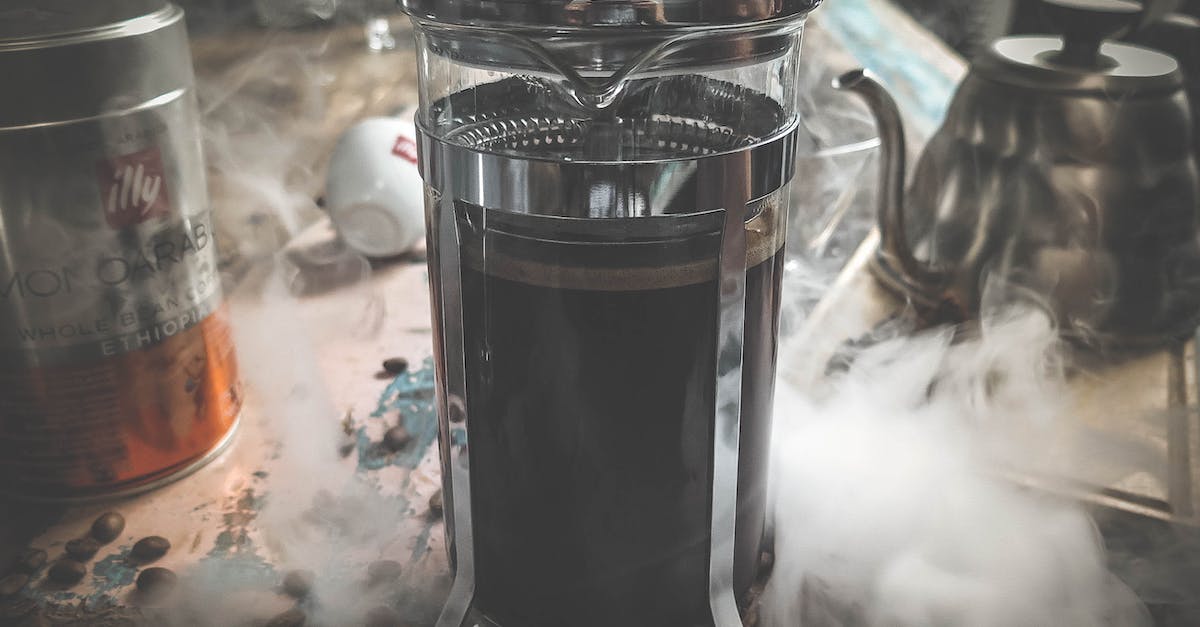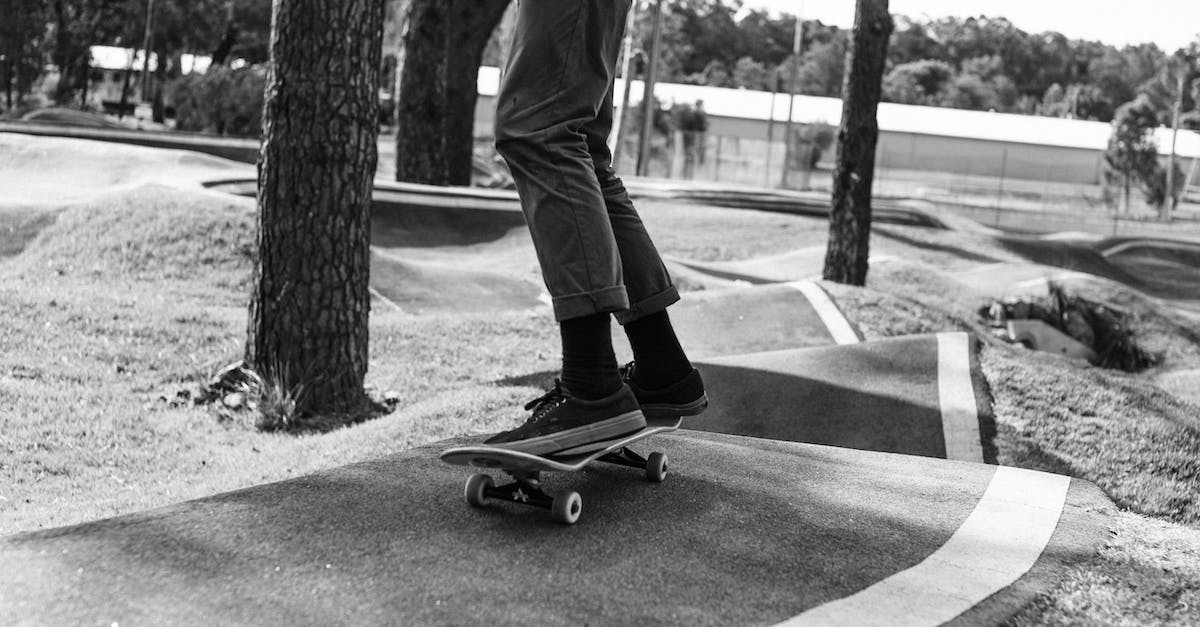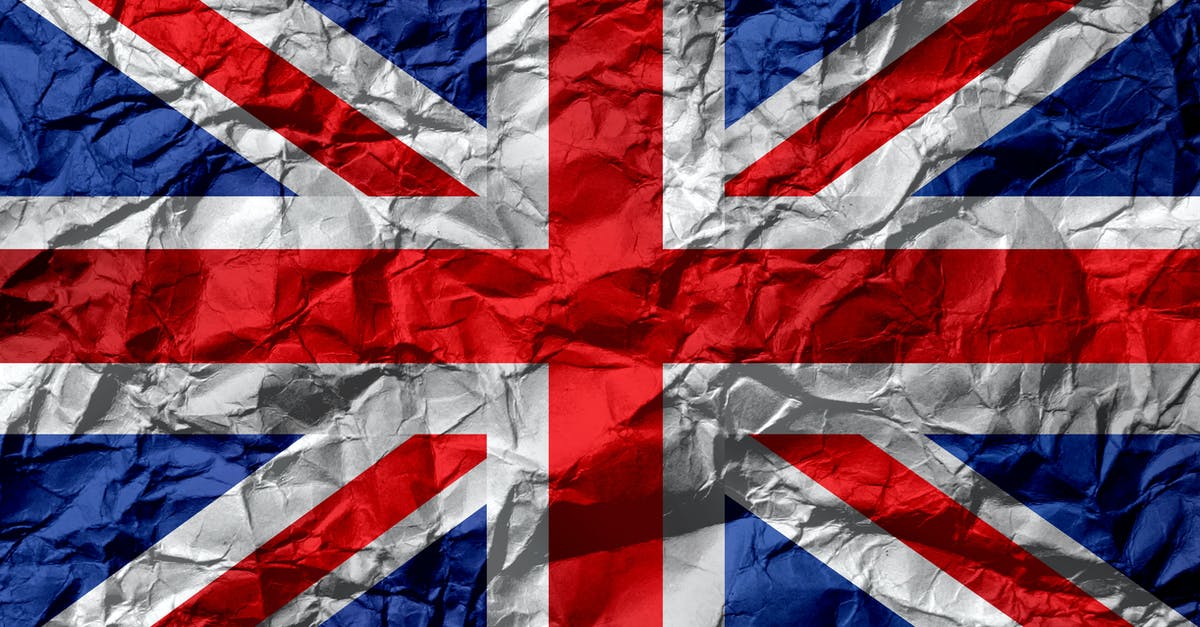The Health Benefits of Making the Switch to Decaf: Why You Should Reduce Your Caffeine Intake

Caffeine withdrawal symptoms can be debilitating, but thankfully they are manageable by reducing your intake gradually. Decaf could be substituted for the equivalent of half your coffee consumption. Drinking fluids to get rid of caffeine.
New research has found that symptoms of withdrawal from caffeine may be eased by drinking decaffeinated tea. This could be because of the placebo effect, where people believe they’re drinking something that has caffeine and as a consequently, withdrawal symptoms are less.
It Can Help to Reduce the Headache Pain.
If you’re looking to limit your consumption of caffeine-rich beverages like coffee and other Decaf could be the ideal choice for you. It can help reduce the discomfort of an anxiety-related withdrawal from caffeine.
Also, it can reduce inflammation caused by a headache. It can also increase the effectiveness of pain medicines like acetaminophen, Ibuprofen aspirin and other pain medications.
Important to note that too much caffeine can result in serious health issues. This is particularly the case in those who suffer from migraines. They could be triggered by caffeine.
It’s not unusual for someone suffering from migraines to suffer migraines caused by caffeine. After drinking their last cup of coffee, or any other energy drinks, the signs of a withdrawal headache include fatigue, anxiousness and drowsiness.
This may help reduce fatigue.
Removing yourself from caffeine can be a painful and often exhausting process, especially for people who depend upon it for the performance of their day-to-day tasks. The symptoms typically appear between 12 and 24 hours after the last time you taken a dose of caffeine. They can also be present for as long as 9 days.
The symptoms of withdrawal include tiredness, headaches, and irritation. These withdrawals can trigger lightheadedness or dizziness. This can be dangerous if you try to push yourself too far.
Decaf coffee might be able to help reduce withdrawal symptoms for people drinking regular caffeinated drinks. A new study from the University of Sydney found that decaf can alleviate the symptoms of withdrawal even in people who realize they’re not getting regular, caffeinated coffee.
The research was conducted by Dr Llew mills (a Senior Research Associate at the University of Sydney School of Addiction Medicine) as well as his coworkers. The researchers tested the withdrawal symptoms of 61 coffee drinking people by giving them the opportunity to drink for 24 hours, as well as assessing their feelings afterwards.
It may help to reduce the Inflammation
It’s likely that you’re among the millions people who are suffering from the withdrawal effects of caffeine. Recent research suggests that decaf can help alleviate these signs.
Llew Mills the University of Sydney researcher, directed the study. His team and Dr Llew Mills gathered 61 heavy coffee drinkers who consumed at least three cups a every day.
The researchers then monitored withdrawal symptoms of the participants by asking that they stop drinking for 24 hours. In the end, they were asked to assess how much they expected the different beverages to lessen their symptoms.
The researchers found that participants who believed they had been drinking decaf coffee experienced the withdrawal symptoms they experienced as significantly lower as those who believed the drink was water. This is known as an “placebo impact.”
This can help to reduce heart disease
Coffee is one of the most popular drinks due to its distinct taste and scent. It’s also linked to lower risk of diabetes, heart disease, Parkinson’s disease , and other cancers.
According to an analysis in The American Heart Association journal Circulation: Heart Failure the more coffee individuals drank, the lower their chance of suffering from heart disease. However, the benefits weren’t extended to those who drink decaf, an observation that has raised doubts needing more study.
Researchers analysed data from nearly 450,000 participants in the UK Biobank to create the study. Based on how much coffee they consumed there were six groups created.
Most reductions in the death risk from any cause were experienced by those who consumed between two and three cups in instant coffee, ground, and decaf coffees daily. Arrhythmias can be caused by irregular heartbeats. Drinking all kinds of coffee decrease the likelihood for it.









